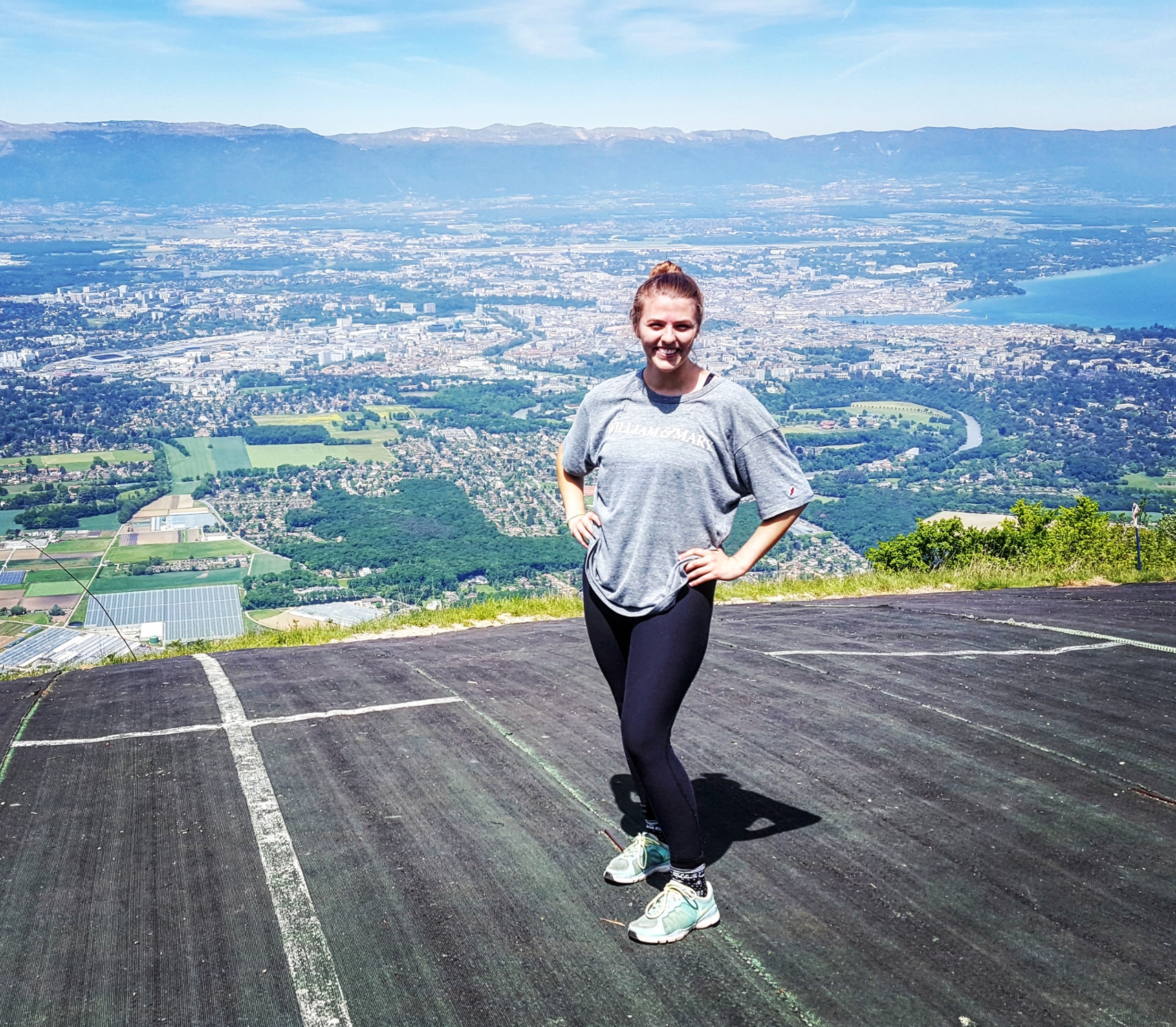Training Manuals for Defense Attorneys in Myanmar

After arriving in Geneva last Thursday and getting settled in to my apartment for the summer, I started work at International Bridges to Justice on Monday. This summer, IBJ has more interns than usual but also more work, too. IBJ's main mission is to protect the legal rights of individuals in developing countries primarily by ensuring their access to competent legal counsel. One way IBJ accomplishes this mission is by training lawyers in developing countries to help them reinforce the rule of law from the ground level.
My project this summer is to develop a training manual for defense lawyers in Myanmar to use as a basis for representing their clients. The training manual will supplement IBJ's June training seminar in Myanmar and allow defense lawyers there to quickly reference the code sections and constitutional provisions they need when confronting judges or law enforcement about their clients' rights. In addition to references to code sections and constitutional provisions, the manual also provides a shorthand guide for defense counsel to develop an action plan, detailing everything from upholding standards of professionalism and ethics to building a case to making persuasive arguments in court.
Often, in developing countries where certain due process rights have been systematically denied, it is difficult for defense counsel to get judges and law enforcement to recognize these rights, even once a new constitution or law has been put in place to grant them. Although new laws and constitutions are a significant step toward actualizing these rights, it takes lawyers advocating and fighting for the criminal justice system to recognize these rights in order for the laws to have teeth. That's where the training manual comes in—by giving lawyers a synthesized, tangible resource to advocate for their clients from the time of arrest onward.
Creating the manual has been a true learning experience. To create it, I am using a previous training manual for India as a template, but replaced with Burmese law. During my first week I have been researching the Myanmar Penal Code, Evidence Act, and Code of Criminal Procedure, as well as the Myanmar Constitution. Although I have a template to work from, finding the applicable Burmese laws has been difficult. I am learning about criminal procedure and evidence law, comparing Burmese, Indian, and U.S. laws in order to get a better understanding of the way the two subjects work together to protect due process rights. The research has been challenging, but the end result will be extremely rewarding. It's been amazing to have so much responsibility on this project that will have such a big impact. This project is a reminder of just how much work goes in to implementing IBJ's mission.
Geneva hasn't been all work and no play, though. Thursday was a holiday, so all the businesses, including IBJ, closed for the day. Some coworkers and I hiked Salève, a mountain in France, where we had beautiful views of the whole city of Geneva and the Swiss Alps. On Friday, the city was still in holiday mode even though we still had work, so my coworkers and I decided to enjoy the evening after work at Bains des Pâcquis—a small "beach" on Lac Léman (Lake Geneva), where many of the locals go to enjoy the beautiful, sunny weather we've been having. I'm looking forward to many more adventures this summer will hold—both at work and around the city!